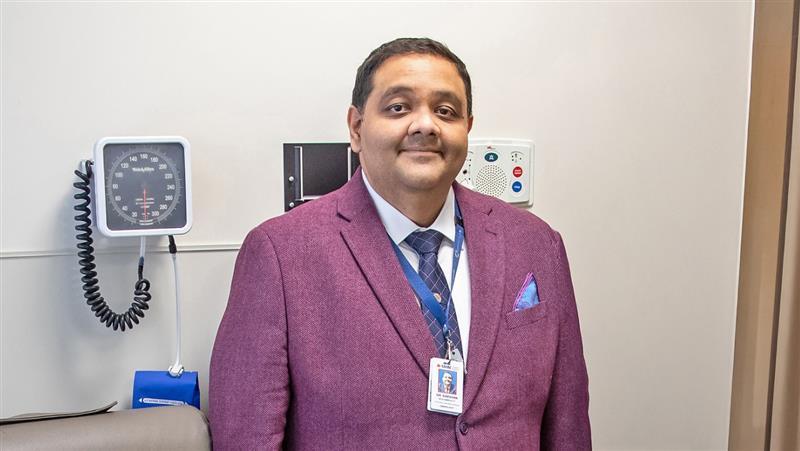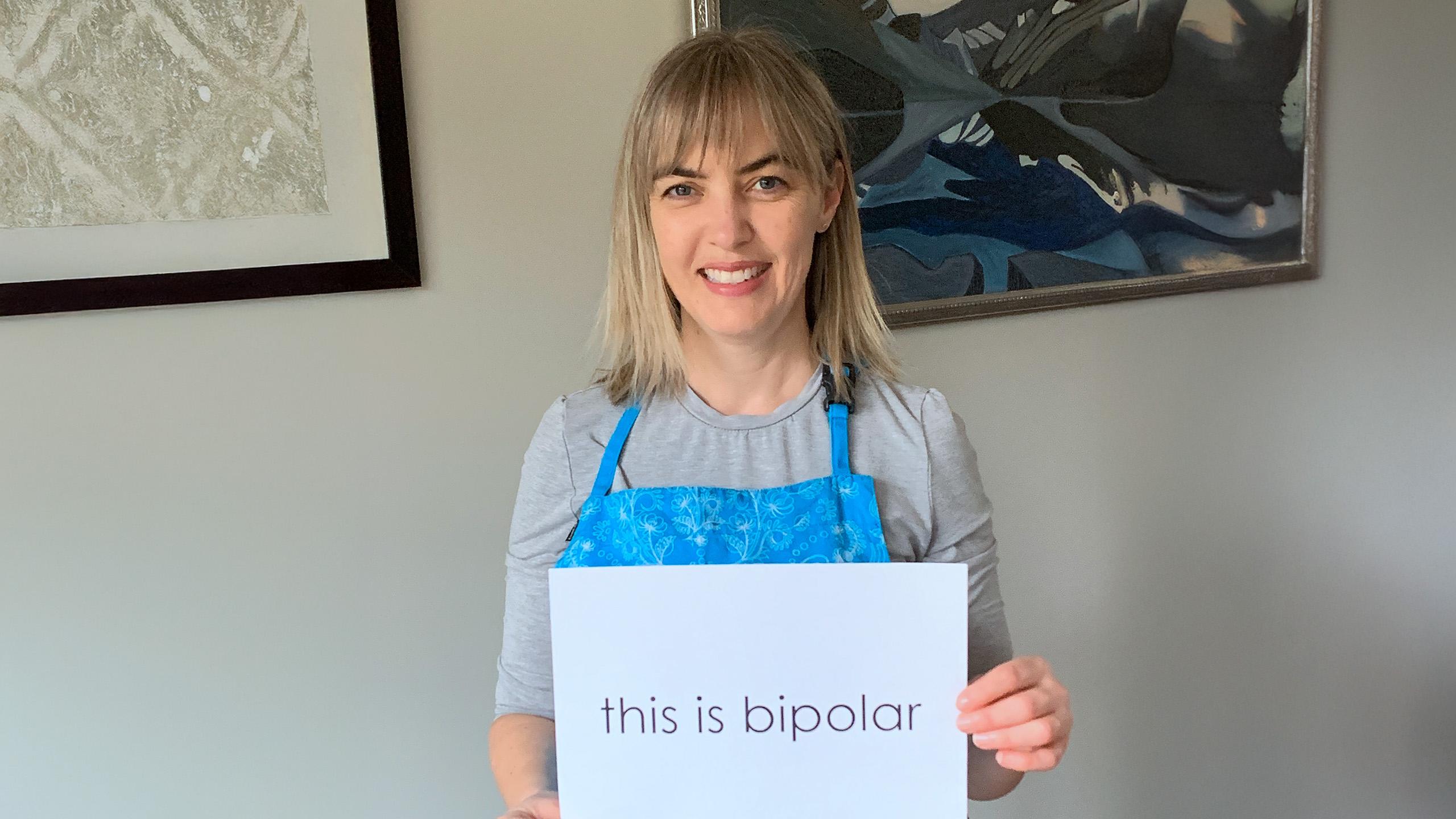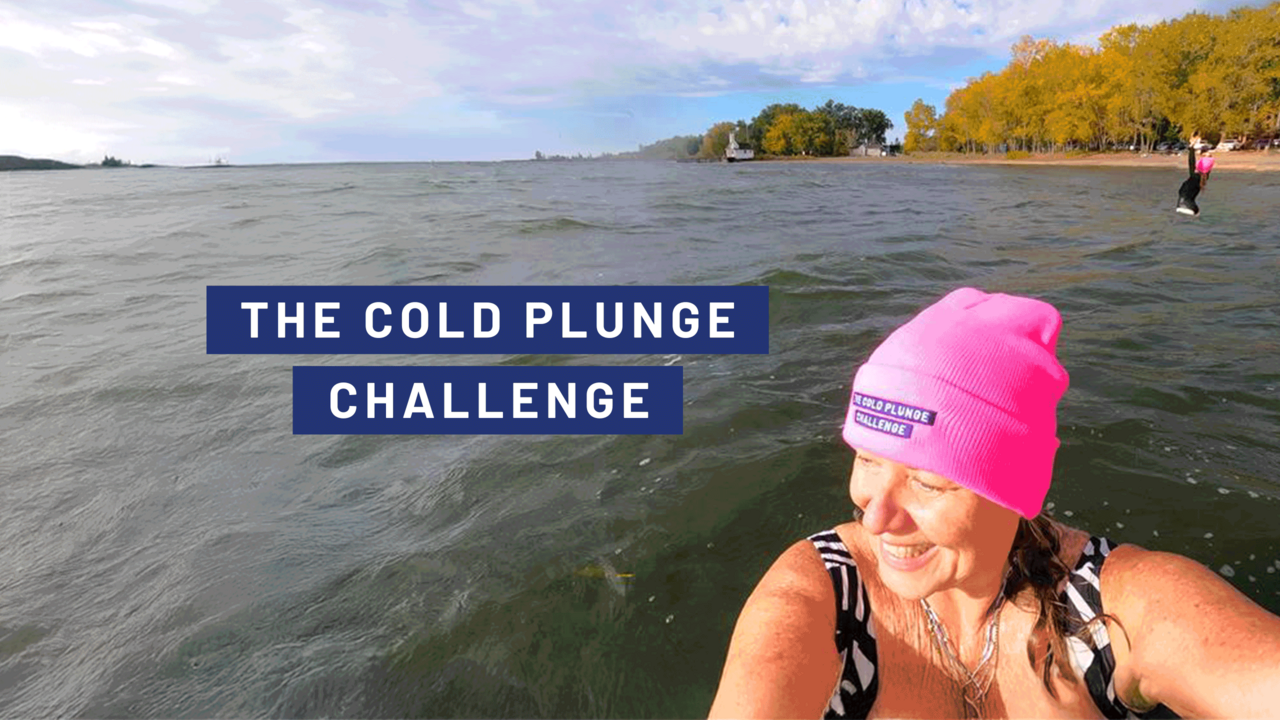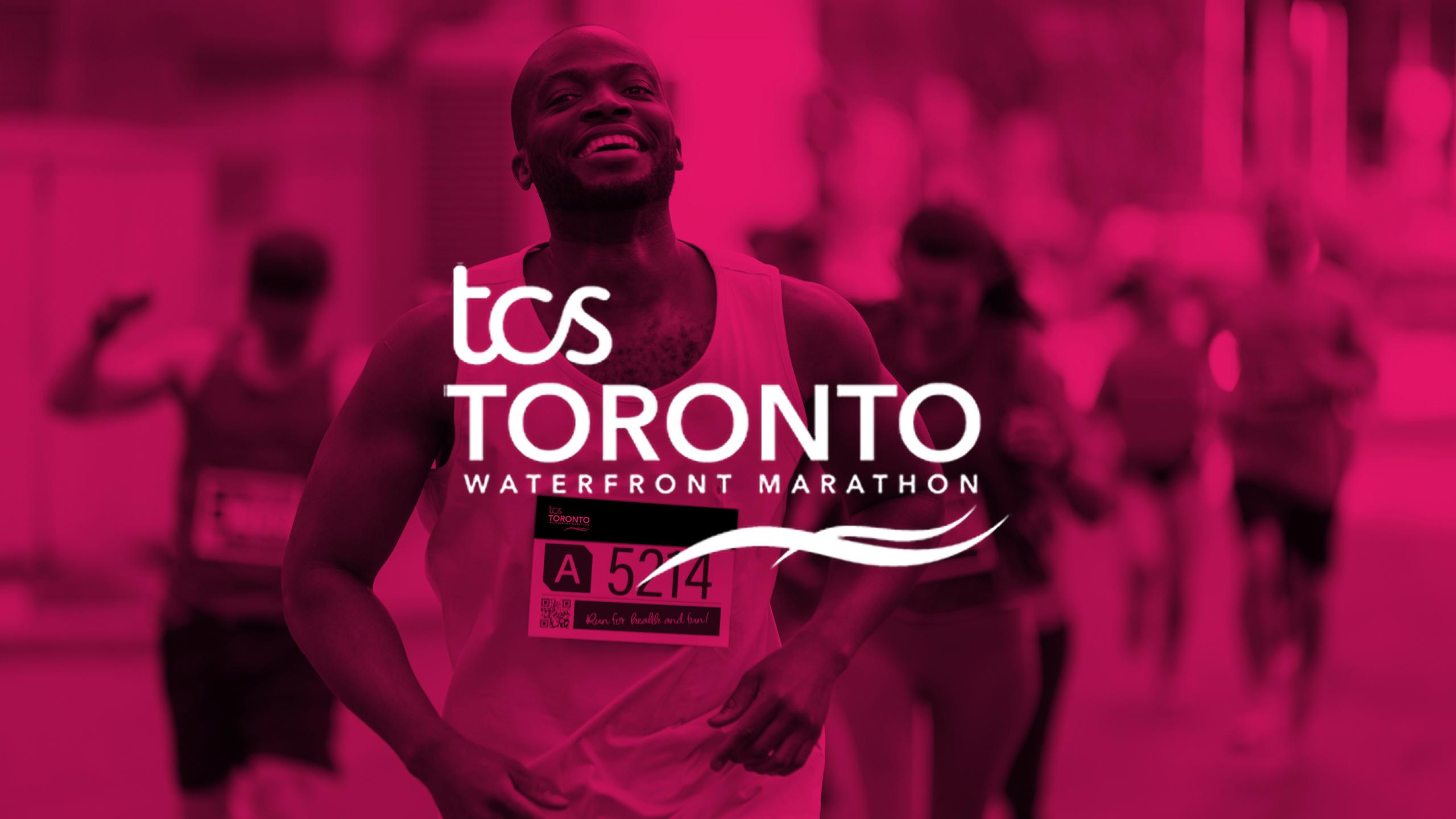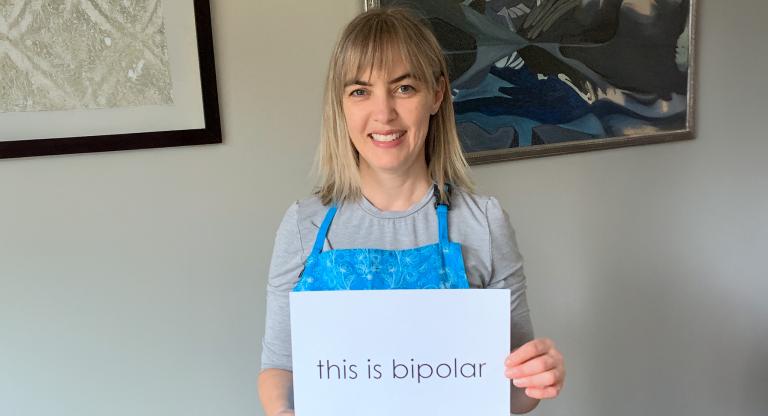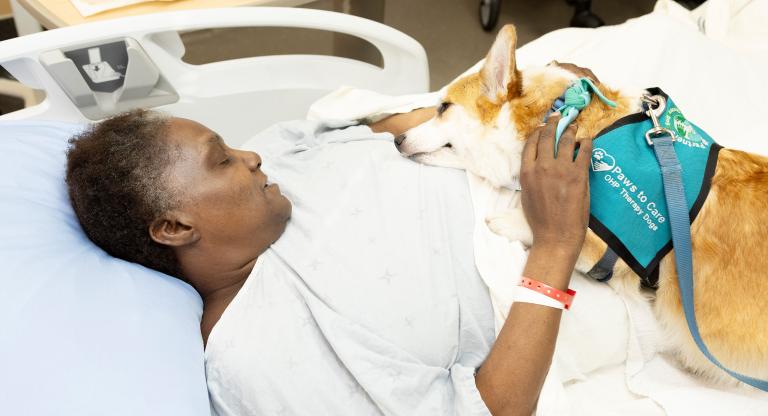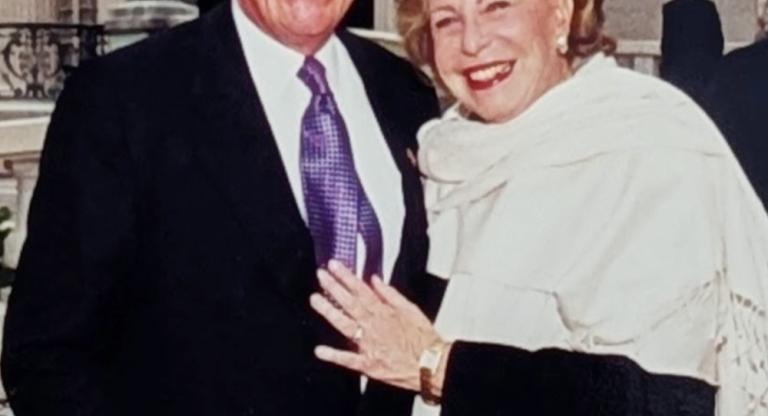Peer support in emergency care: Leading Canada's response to youth mental health
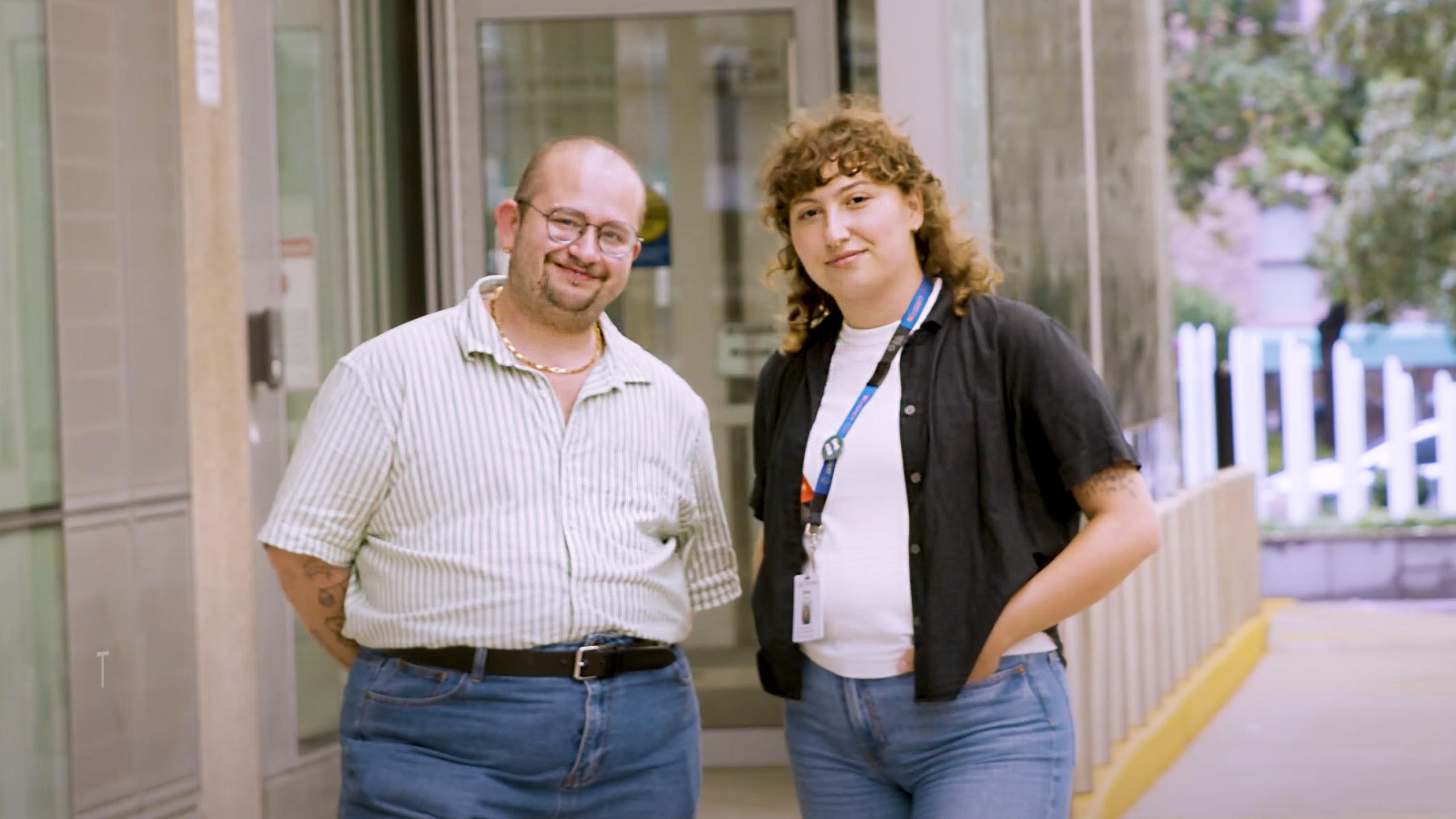
Imagine you are 18 years old, struggling with mental health or substance use health challenges, sitting alone in the Emergency Department (ED). You’re sick, hurt and here because you have nowhere else to go. You’re scared and doubting yourself. Is it safe for you to talk about your experience? Will they listen? Will they believe you?
Bella Shulman and Stef Filipe Figueiredo both know what it feels like to be that young person, filled with fear and uncertainty. Like many other young people who have navigated mental health concerns or substance use health challenges, they've both had experiences that made them second guess whether they would be heard or understood when seeking emergency assistance.
But in their roles as Peer Support Workers at Mount Sinai Hospital’s Schwartz/Reisman Emergency Centre (SREC), their lived experiences help them offer empathy and support to youth facing similar challenges. That's what's so special about the RBC Pathway to Peers (P2P) program.
Meet Dr. Bjug Borgundvaag, one of the doctors who started the RBC P2P program, and peer support workers Bella and Stef, and hear what makes peer support so special to them.
Where it all started: Building the first program of its kind in Canada
For years, Drs. Bjug Borgundvaag and Shelley McLeod at Sinai Health’s Schwartz/Reisman Emergency Medicine Institute (SREMI) knew they wanted to do more for young people in the ED. Dr. Borgundvaag, SREMI’s Director and an emergency medicine physician, had seen a dramatic increase in the number of young adults presenting to Mount Sinai’s ED with mental health and substance use health concerns. With Dr. McLeod, SREMI’s Research Director, they had the data to prove it.
“We conducted a local review and found an 85 per cent increase in the number of visits of young folks aged 16 to 29 with anxiety and depression,” says Dr. McLeod. “We knew there was more we could do.”
Their solution? Creating a peer support role that would be fully integrated into the care team within the ED. These individuals would work closely with physicians and nurses to identify young patients who would benefit from additional support while navigating their emergency experience and connect them with community resources they could access once they leave.
Drs. Borgundvaag and McLeod began building the Pathway to Peers program, a concept that, at the time, was unheard of. They consulted with privacy, legal and security at the hospital and with the government before starting the search for a funder to help bring the program to life. In May 2020, thanks to a generous gift from RBC, they launched the RBC P2P program at Mount Sinai’s ED.
“One of the unique features of our program is that our peer support workers are part of our staff, they’re fully integrated into our ED,” says Dr. Borgundvaag. “We hire and train them, and we do this using the same model we use to teach doctors and nurses – with didactic training and real time shadowing.”
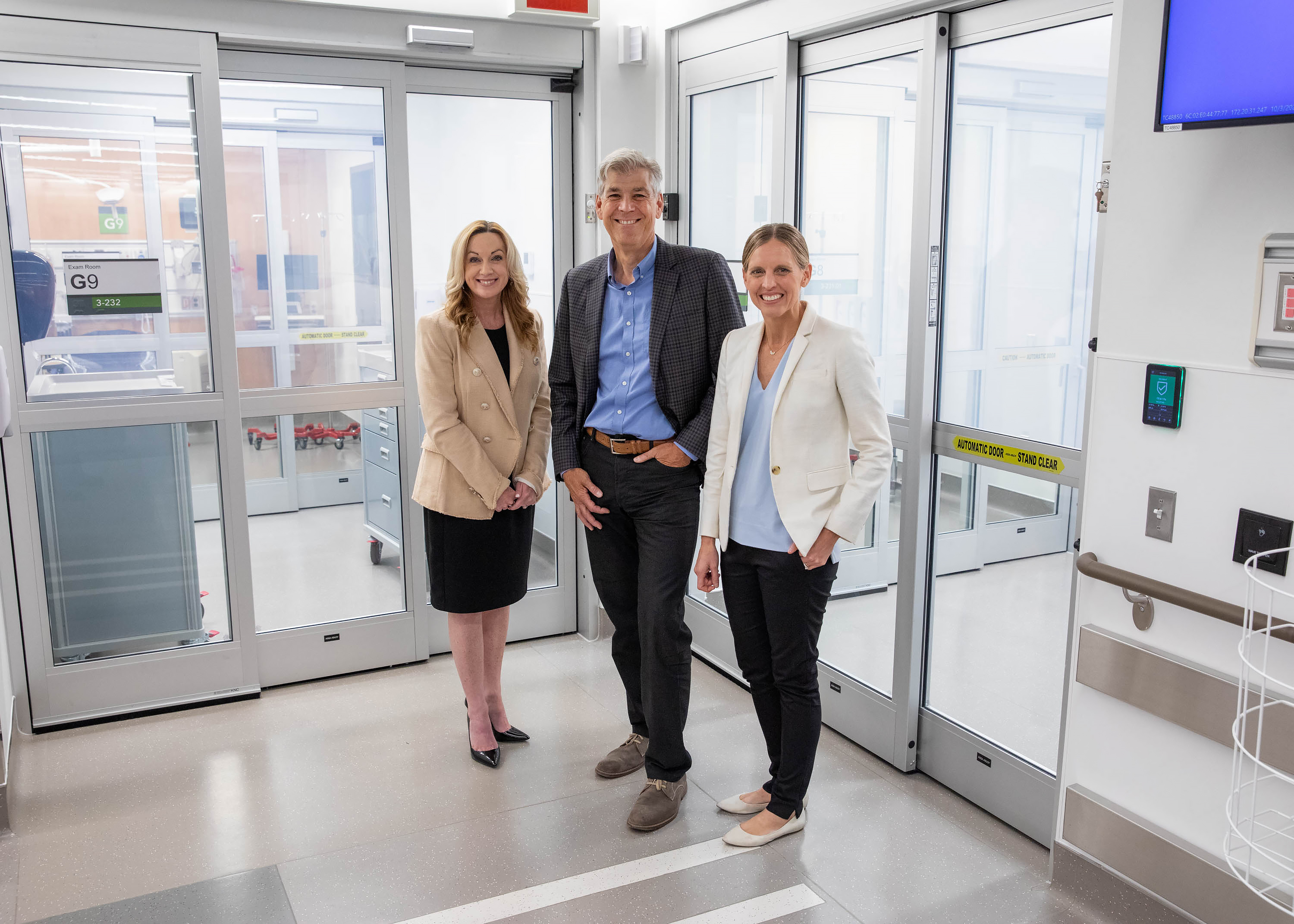
Today, peer support workers are available in the ED 12 hours a day, seven days a week to provide emotional and practical support for young patients. For some, support can be an offer of company, a warm blanket or apple juice. For others, it could be help navigating their care or getting support in speaking to doctors. Importantly, they’re there to listen to patients’ experiences and stay with them while in the ED, for as long or as little as they need.
“I think something that's so powerful about the peer support role is that we get to witness people's true determination,” says Stef. “The ways they care and show up for themselves are so integral to the ways that we get to show up with them too.”
“It can be uncomfortable to disclose things you are navigating shame about, so having someone like a peer support worker can feel reassuring. If you’re not sure how you want to word an experience you’ve had, you can practice with me first,” adds Stef. “It helps people feel safe when speaking to the team and then we can work together so that they can have the best experience possible.”
How it’s going: Supporting patients and peer support workers
Now in its fifth year, the RBC P2P Program has become a valuable resource for patients and peer support workers. Since 2020, 12 peer support workers have come through the RBC P2P program, joining the Sinai Health ED team to help provide care to more than 7,500 youth and young adults.
Ensuring peer support workers are equipped with the knowledge they need to care for young people who come to the ED is also an important aspect of the program. Peer support workers attend biweekly community of practice meetings, facilitated by a partnership with Peer Support Canada, where they discuss difficult interactions, ensure they are operating in alignment with their role and explore opportunities for lived experience-based systems change. They also participate in professional development, with training in equity, diversity and inclusion, CPR, crisis intervention, grief and infant loss, naloxone kit distribution and harm reduction.
“Within this role, I have advocated for patients' needs and addressed gaps within our health-care system,” says Bella. “I’ve been able to apply to school and go on to pursue things related to mental health. It’s given me invaluable knowledge, knowledge I wouldn't have been able to gain anywhere else.”
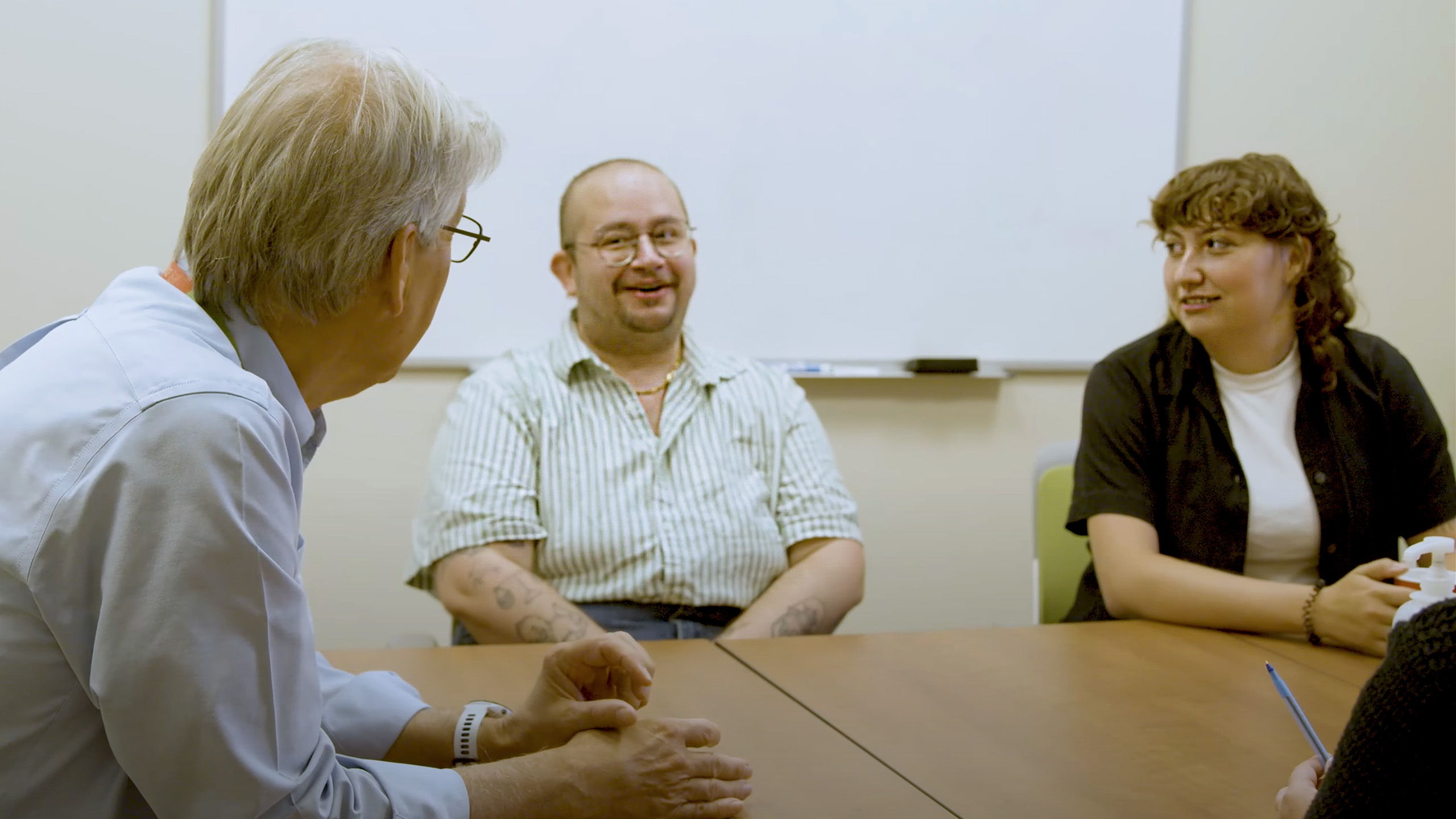
What’s next: Expanding peer support across Toronto
As the only research institute embedded within an emergency department in Canada, SREMI is able to evaluate the RBC P2P program in real time. They discovered that patients and health-care providers alike found immense value from this program. Backed by this research, SREMI is hoping to expand the peer support program into other hospitals across the province.
With a generous donation from the Slaight Family Foundation, one location has already been confirmed. This year, the P2P program is set to expand to Michael Garron Hospital on the east end of Toronto and Bella will oversee the P2P team at Michael Garron as their new program manager.
“Expansion is really important because we don’t want it to be limited to just folks that end up in Mount Sinai’s ED,” says Bella. “It will mean that we can build relationships with other community organizations and open more roles for people with lived experience to help others.”
The RBC P2P program – its peer support workers and their training – is entirely funded by philanthropy. So is its expansion to Michael Garron Hospital.
“The role of philanthropy for everything that we do at SREMI is absolutely foundational,” says Dr. Borgundvaag. “Without funding from benefactors, none of this work would be possible.”
Help more young adults get compassionate emergency care when they need it
A gift to the P2P program ensures youth who face mental health challenges don’t have to face it alone. Help bring compassion and connection to youth in crises.
Donate today to the RBC P2P program and support its expansion across the city. Please select Other from the gift designation dropdown menu and enter RBC P2P program as the desired gift designation.

